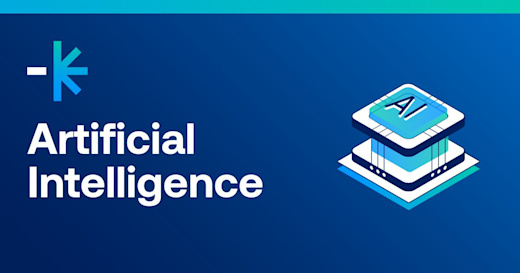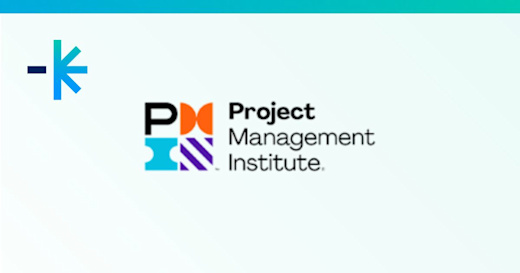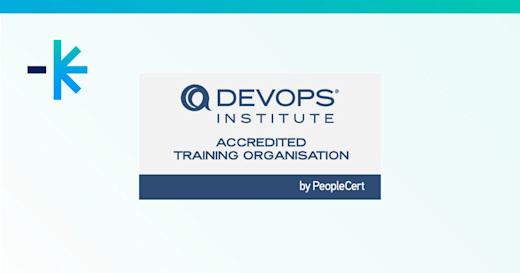In the fast-paced landscape of cyber security, the role of educators is pivotal in shaping the next generation of professionals equipped to tackle the challenges of an increasingly digital world.
The importance of Certified Information Systems Security Professional (CISSP) training cannot be overstated as the Philippines strives to solidify its position in the global information technology arena.
Beyond enhancing individual expertise, cyber security training positively impacts these educators' students, the institutions they advise and the broader cybersecurity ecosystem.
The Certified Information Systems Security Professional (CISSP) certification, recognised globally as a hallmark of excellence in the field of information security, provides a comprehensive framework for professionals to understand and address contemporary cybersecurity threats. Extending this knowledge to professors like Dr. Liwag creates a ripple effect.
The benefits of empowering educators with CISSP Training
CISSP training for educators goes beyond personal achievement; it becomes a catalyst for empowering them with the latest industry insights and best practices that they can share with students and the institutions they support.
Armed with cutting-edge knowledge, they can enrich their curriculum, infusing real-world scenarios and practical applications into the learning experience.
Fostering a Cyber Security Culture
Students taught by ISC2-certified educators and exposed to CISSP-influenced courses gain theoretical knowledge and develop a proactive approach to cybersecurity challenges. This cultural shift sets the stage for a technically proficient workforce and deeply committed to securing digital landscapes.Elevating Institutional Reputation
Educational institutions benefit by association. Certified professors enhance the credibility of their respective institutions, attracting students seeking cutting-edge and industry-relevant education. This, in turn, contributes to an elevated institutional reputation and a competitive edge in the academic landscape.Addressing Industry Demand
As the demand for cyber security professionals continues to surge both nationally and globally, the Philippines can position itself as a hub for well-trained experts. CISSP-trained educators are pivotal in aligning academic programs with the industry's ever-evolving needs. This not only meets the demand for skilled professionals but also contributes to the growth of the national cybersecurity workforce.Collaboration with Industry
Dr. Liwag's experience highlights how CISSP-trained educators act as bridges between academic institutions and the cyber security industry. Their expertise facilitates collaboration, internships and research opportunities with industry players. This creates a relationship that benefits both academia and the private sector.
CISSP training for educators in the Philippines is a strategic investment in the nation's cyber security resilience and global competitiveness. As the Philippines navigates the complexities of the digital age, investing in education is a cornerstone in building a secure and prosperous future.
What is CISSP certification training?
Lumify Work offers a comprehensive Certified Information Systems Security Professional (CISSP) training course designed to accelerate the careers of security practitioners, managers and executives. This five-day program aligns with the globally recognised Associate of ISC2 certification.
What is the course about?
CISSP focuses on the eight domains of the CISSP Common Body of Knowledge (CBK). This strategic approach prepares participants for the CISSP exam, validating their ability to design, implement and manage top-tier cybersecurity programs.
The certification boosts individual expertise and opens doors to exclusive resources, educational tools and peer-to-peer networking opportunities as members of ISC2, the world's leading cybersecurity and IT security professional organisation.
The course emphasises hands-on learning, providing practical insights into implementing and managing security programs within diverse organisational and governmental contexts.
Lumify Work is an ISC2 Preferred Official Training Partner, distinguishing itself as one of the select training providers in Australia, with campuses extending to New Zealand and the Philippines.
Who is it for?
The CISSP training is tailored for experienced security practitioners, managers, and executives seeking to validate their knowledge across security practices and principles.
Key positions that can benefit from this course include Chief Information Security Officers, Chief Information Officers, Directors of Security, IT Directors/Managers, Security Systems Engineers, Security Analysts, and various other roles within the cyber security domain.
What does the course cover?
The CISSP certification training delves deep into eight domains essential for exam preparation:
Security and Risk Management: Covers ethical considerations, security concepts, governance principles, legal and regulatory issues, risk management and more.
Asset Security: Focuses on identifying and classifying information and assets, resource provisioning, data lifecycle management and compliance requirements.
Security Architecture and Engineering: Explores secure design principles, security models, cryptographic solutions, and security capabilities of Information Systems (IS).
Communication and Network Security: Addresses secure design principles in network architectures, securing network components and implementing secure communication channels.
Identity and Access Management (IAM): Manages physical and logical access, identification, authentication, federated identity, authorization mechanisms and provisioning lifecycle.
Security Assessment and Testing: Encompasses assessment, test, and audit strategies, security control testing, security process data collection, and security audits.
Security Operations: Covers investigations, logging and monitoring, configuration management, incident management, resource protection, and disaster recovery.
Software Development Security: Integrates security into the Software Development Life Cycle (SDLC), applies security controls, assesses software security and defines secure coding guidelines.
What are the prerequisites?
Participants must have at least five years of experience working in IT Infrastructure and Cyber Security.
The CISSP certification exam mandates candidates to have cumulative, paid work experience in two or more of the eight CISSP CBK domains.
Alternatively, individuals lacking the required experience can become an Associate of ISC2 by passing the CISSP exam and accumulating the necessary work experience for full certification later.
On the flexibility and quality of CISSP training in the Philippines
Dr. Jonathan Liwag is a Professor at Northern Marianas College. He also holds the following designations: DBA, CISSP, CSAP, CTT+. In achieving his Associate of ISC2 certification, he engaged Lumify Work Philippines for CISSP training.
He shares his experiences with the learning sessions and offers a sneak peek into what future students can expect when booking and sitting the cyber security training.
What was your training experience like?
I enjoyed collaborating with other professionals interested in IT security, which provided an opportunity to network.
The trainer provided valuable guidance and encouragement in pursuing the high-level certification.
Any key takeaways from the training that stuck with you even today?
My key takeaway from the training is that using an authorised training partner gives a learner the advantage of using suitable material to prepare for the certification exam.
How has the training impacted your work?
Thanks to the training, I have a broader perspective on the field and know the skills to lead and manage an IT security group in an organisation.
How has the training impacted the business?
By completing the training and passing the CISSP certification, I could recommend solutions to the organisation to improve its security posture.
Have you gotten other ICT training before?
Yes, I've booked and sat other training courses before. But Lumify Work had an advantage in the availability of classes that fit my work schedule.
There was also a marked difference in how well customer service and staff treated prospective learners for their training.
What was your training experience like?
I enjoyed collaborating with other professionals interested in IT security, which provided an opportunity to network. The trainer provided valuable guidance and encouragement in pursuing the high-level certification.
How strongly would you recommend Lumify to other businesses? Why?
I recommend Lumify to other companies because of the convenience of setting up the training and the excellent service I experienced.
Achieving CISSP Certification
An important reminder is that fees for CISSP training do not include the exam itself. After completing the course and reviewing the materials provided, you can purchase the exams separately by contacting the Lumify Work team for a quote.
We aim to make accessing the best learning solutions easy for you and your teams. Lumify has ten fully supplied training campuses (with 90 classrooms) located in key business centres around Australia, New Zealand and the Philippines.
And if time or distance are a challenge, we can train your team on your premises or deliver state-of-the-art remote instructor-led training. Full HD video and audio create a virtual classroom experience and access to our expert instructors through Lumify Anywhere.
For details on cyber security training with Lumify, please explore our website, download our brochure or consult with our team.









